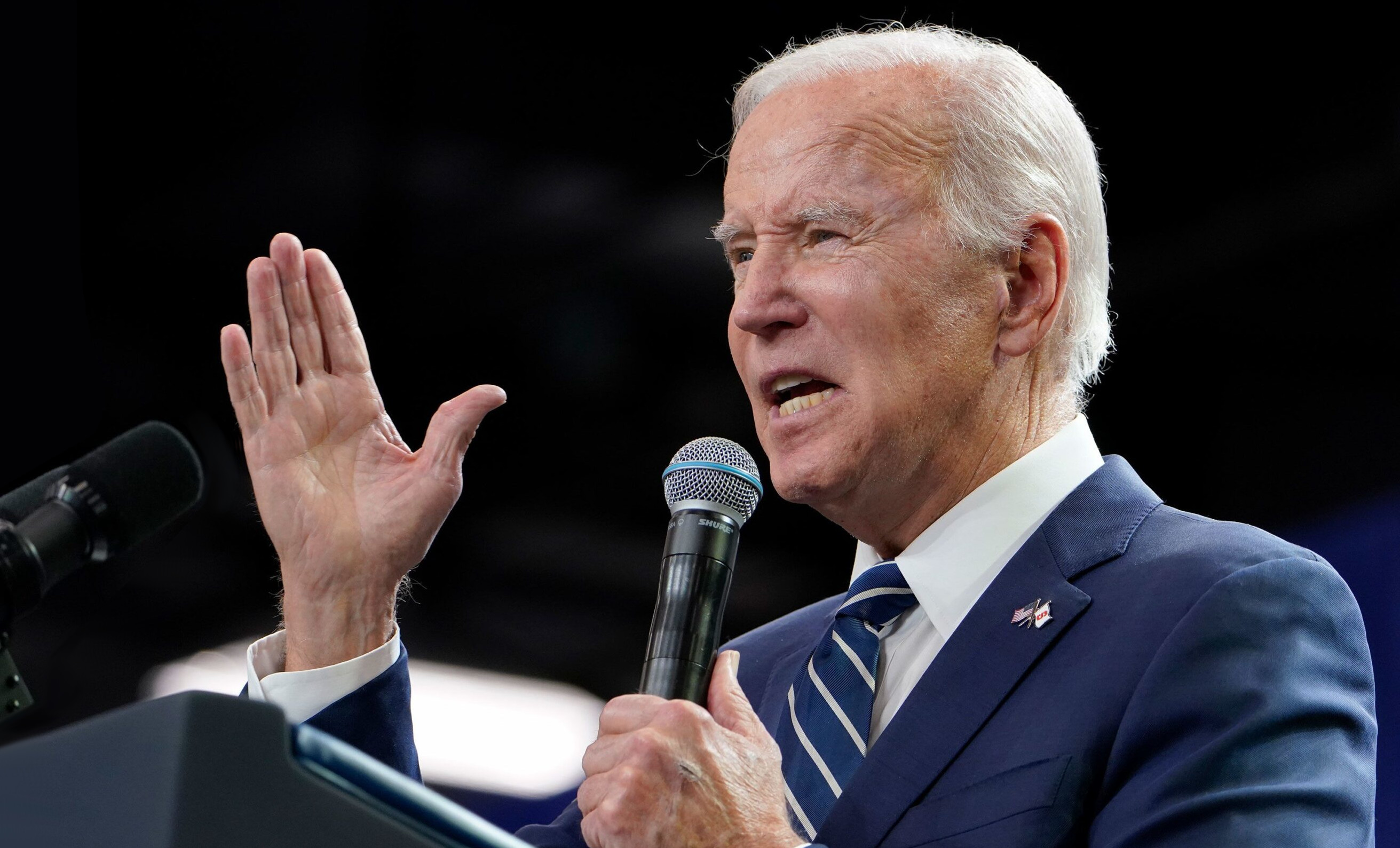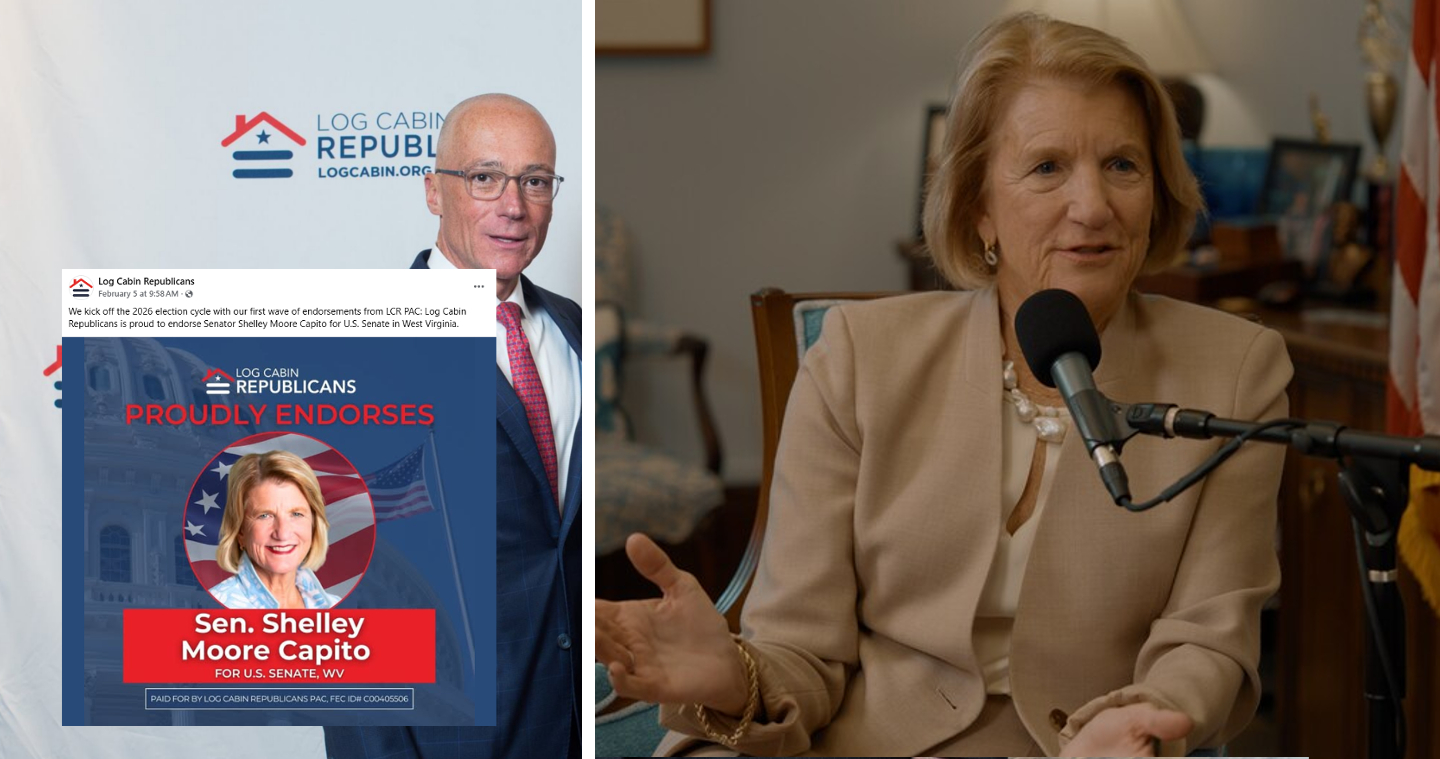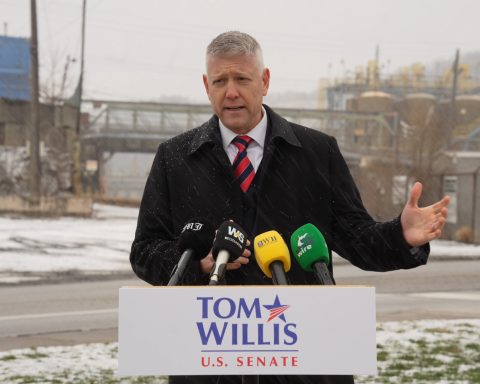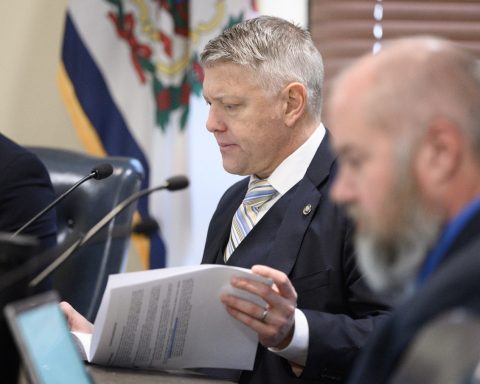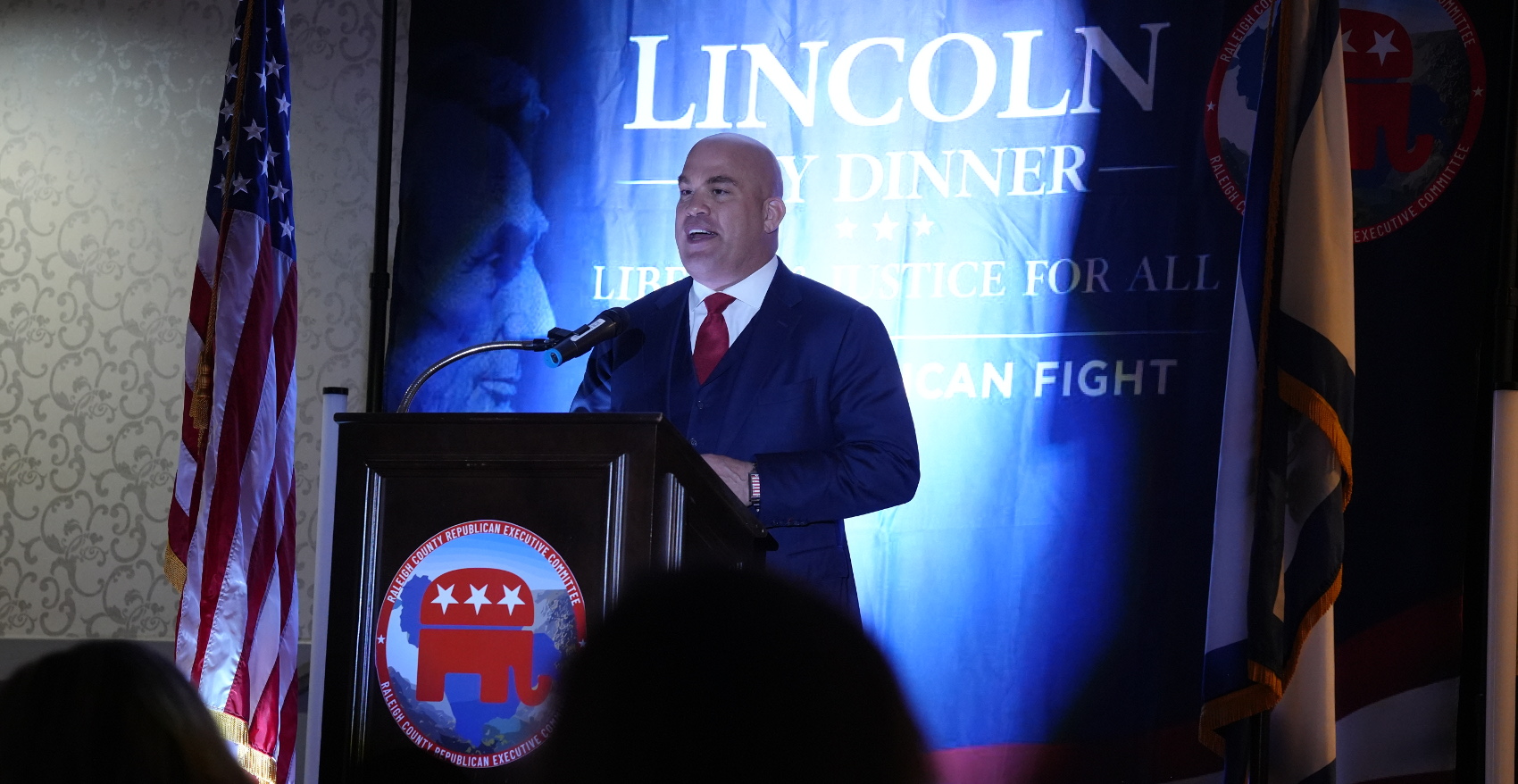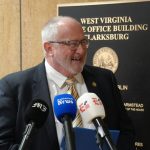President Joe Biden and former President Donald Trump have agreed to face off in the two presidential debates.
The first will be on June 27, hosted by CNN, and the second on Sept. 10, hosted by ABC. This sets the stage for their first presidential showdown in 3 years.
The decision came quickly after Biden announced he wouldn’t participate in the fall debates sponsored by the nonpartisan commission. Instead, Biden’s team suggested media outlets directly organize the debates between the presumptive Democrat and Republican nominees.
Trump’s response on Truth Social platform, stated “It is with great honor to accept the CNN Debate against Crooked Joe Biden, the WORST PRESIDENT in the History of the United States and a true Threat to Democracy, on June 27th. Likewise, I accept the ABC News Debate against Crooked Joe on September 10th. Thank you, DTJ!”
Shortly after, Biden accepted CNN’s invitation, challenging Trump to join.
CNN announced that the presidential debate would be held in its Atlanta studios without a present audience. Details about moderators and other specifics would be announced later.
Disagreements over moderators and debate rules were among the issues that led to the formation of the Commission on Presidential Debates in 1987.
The two campaigns and TV networks had informal talks for weeks on how to bypass the commission’s control over presidential debates, following years of complaints and perceived biases.
Biden’s campaign suggested excluding third-party candidates like Robert F. Kennedy Jr. from the debates altogether. Under the commission’s rules, Kennedy or other third-party candidates could participate if they met certain criteria, including securing ballot access in enough states and polling at 15% or higher nationally.
Biden campaign chair Jen O’Malley Dillon sent a letter to the Commission on Presidential Debates, objecting to the fall dates selected by the commission, which come after some Americans begin to vote. This was a complaint also voiced by the Trump campaign.
She also expressed frustration over rule violations and the commission’s insistence on a live audience.

